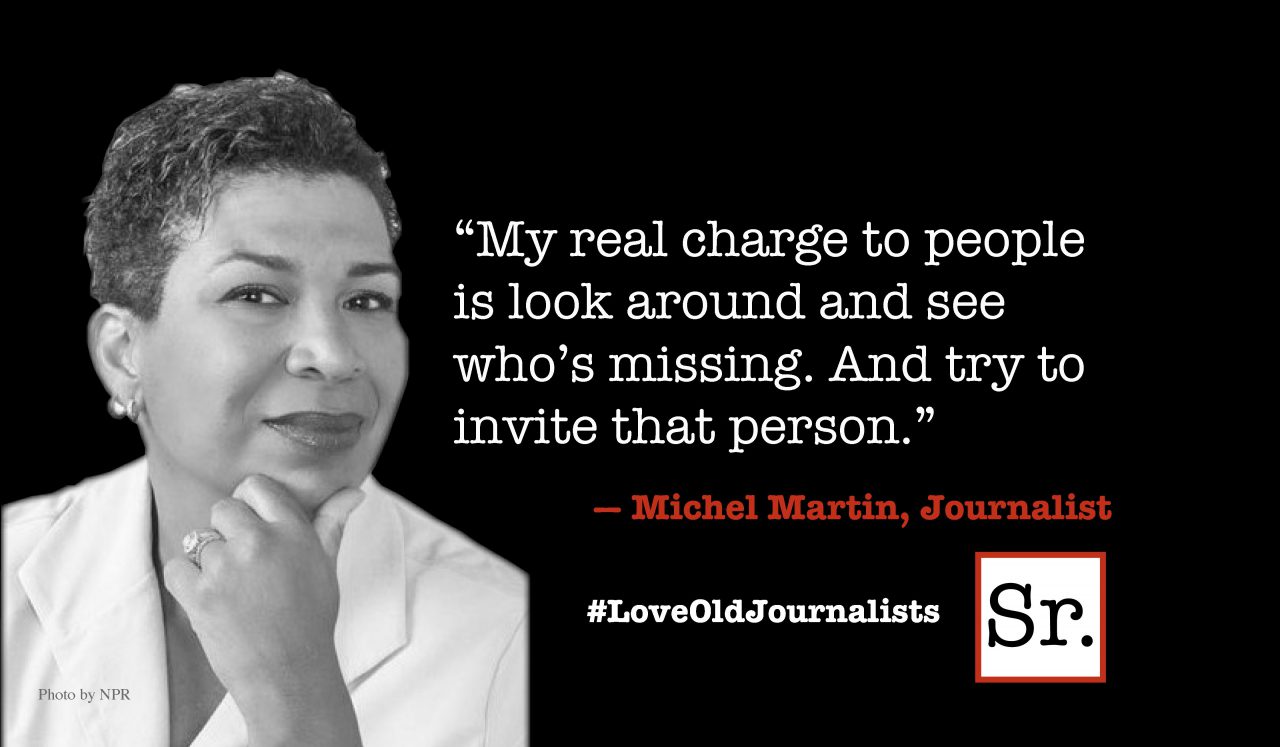My sister Margaret calling in the middle of the afternoon could only mean one thing, and it did: a few months into his one hundred and first year, Dad had passed away. It was hardly a surprise. His weight had been dropping steadily, food held no interest, and even when he was awake he spent less time "here" and more time in Alternia. Still, no matter how expected the news, no matter how much "a blessing" it is, the voice breaks and the tears, strangely, creep up your nose and leak out your eyes. Weird. But that's alright. You are crying for yourself, and that is just fine.
My recollections of "Dad in my life" are pretty much all over the place. When I was young, I remember him most in the summertime. During the school year he was largely "at the office," or "at a meeting" where he either taught sociology or tried to bring social change to a middling city in middle America. But in the summer he was much more ours as we set out to California where he "swapped" summer school assignments, or to "the home place" in South Dakota or Tower Hill Camp on the shores of Lake Michigan. During those times he was often a very funny guy, like when he allowed himself to be "ambushed" by the waves on Lake Michigan. It wasn't until years later that I learned he couldn't swim. So, okay, funny and a little bit foolish. Then there was the disappearing pipe. Dad always smoked his pipe, ALWAYS. Unless we were in South Dakota — where his Dad, the very Rev. John Schrag, could see him. So, funny, a bit foolish, and a little bit careful.
Then came the middle decades. Those years in which I came to believe the unintentional message that attentive parents instill in their children. I bought into the unfortunate assumption that my life was more important than his. That his importance lay in the fact that he had fathered me. I know, bizarre, but it somehow feels sane in the middle decades. My jobs, my family, my aspirations seemed to shove Dad and Mom aside. Oh, Dad could certainly never have been accused of being a "helicopter parent" hovering over my life, micro-managing my choices. That era, and the mobile phones that made it possible, had yet to dawn. But neither did I attempt to draw him into my life. Mothers often get that call, but rarely fathers. He was sort of out there, an all purpose resource to be tapped for advice, or time, or money whenever I wandered too far off the tracks. I regret those years now, they were too busy, too distant, and it was too much my fault.
I suppose it is not strange, in retrospect, that I feel I actually came to know Dad best after Mom died. Until then they seemed very much "OK." Going to Elder Hostels, Dad playing golf and puttering in his workshop. Mom folding the origami cranes she couldn't con Margaret into doing. The two of them watching Masterpiece Theater together. There was some sort of poetic closure to the fact that she went out as they were watching "Middlemarch."
But Dad didn't seem quite so omnipotent after Mom died. And I finally realized that he never really was. A lot of it had been "dodging waves in Lake Michigan." Pretending that life was funny and easy, to shield us from how frightening and hard it could be. I suppose it was that realization that started me reaching out to him a bit more after she passed away. Being a "professional media scholar" I began to take advantage of the fact that a telephone works in two directions.
Several years later, when we were both bachelors together for awhile, I began to share my blog postings with him. No, he never joined the computer age, so he was the only person to ever receive my ramblings in print. His thoughts and responses were insightful and delightful. And I am thrilled to have had those remarkable moments with him.
But, in all truthfulness, it has been several years since those flashes of recollection and reflection drew us together. He had been fading while I pretended he wasn't. I have written before about Tolkien's Bilbo working on his memoirs, waiting to cross over to the Grey Havens, and gradually becoming transparent. Dad was like that. Just fading, fading, fading. And now he is gone. But not really.
I have come to see death as a transformational moment. I know, I know, no significant insight there. But think about it this way. When one half of a relationship dies, we simply have no data about how death transforms the dying entity. We have a myriad of belief systems that provide their beliefs about an afterlife, but no data. As you know, I have my own. Still, it's all guesswork. And that's fine. But I am also concerned with the other half of the dyad, the surviving half — with me. Does death sever that relationship for the living? I don't think so. For years now, despite his being "still with us" Dad's answers to my ongoing questions had been drawn largely from my memories of previous discussions: "He would have wanted me to do this … He always felt that … " That "advice" remains as available to me today as it was last week, or last year, or the year before.
Elsewhere I have written about Mom and brother Jim serving as angels on my shoulders. They are "advisers made of memory" to whom I can turn at any moment for guidance. Dad now joins them, and, in a wonderful inversion of the laws of physics, I have come to realize that the more angels we have resting on our shoulders, the lighter our load.








